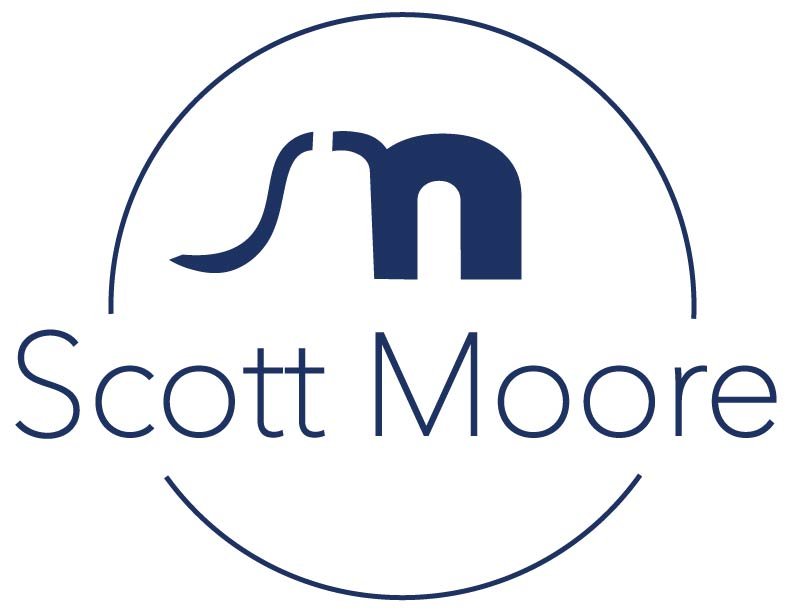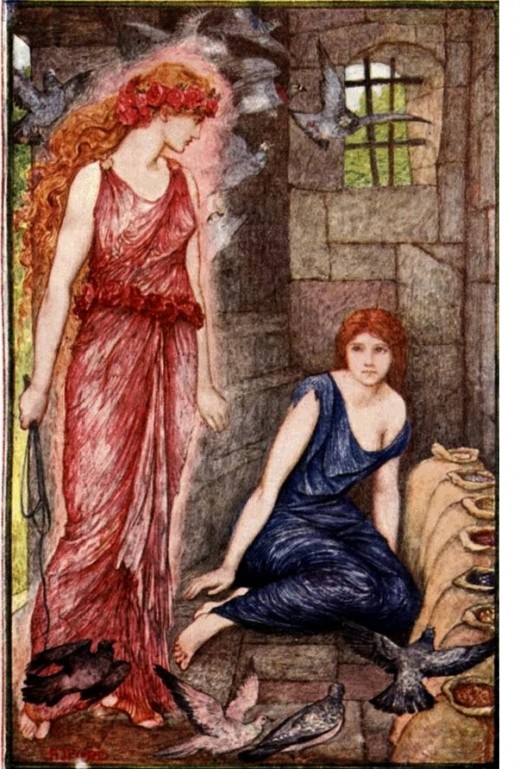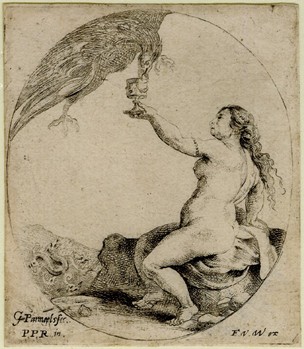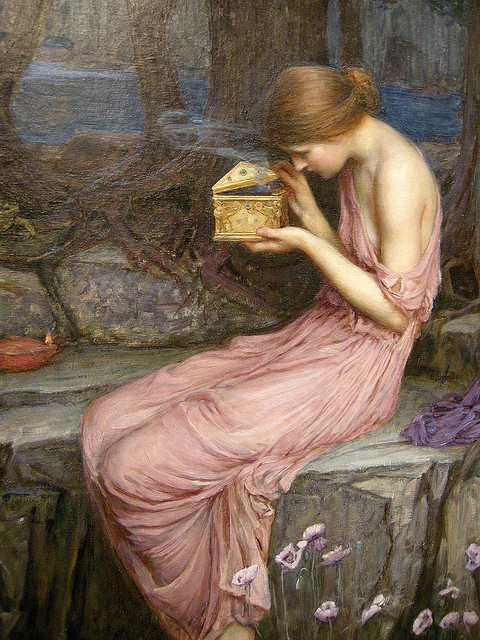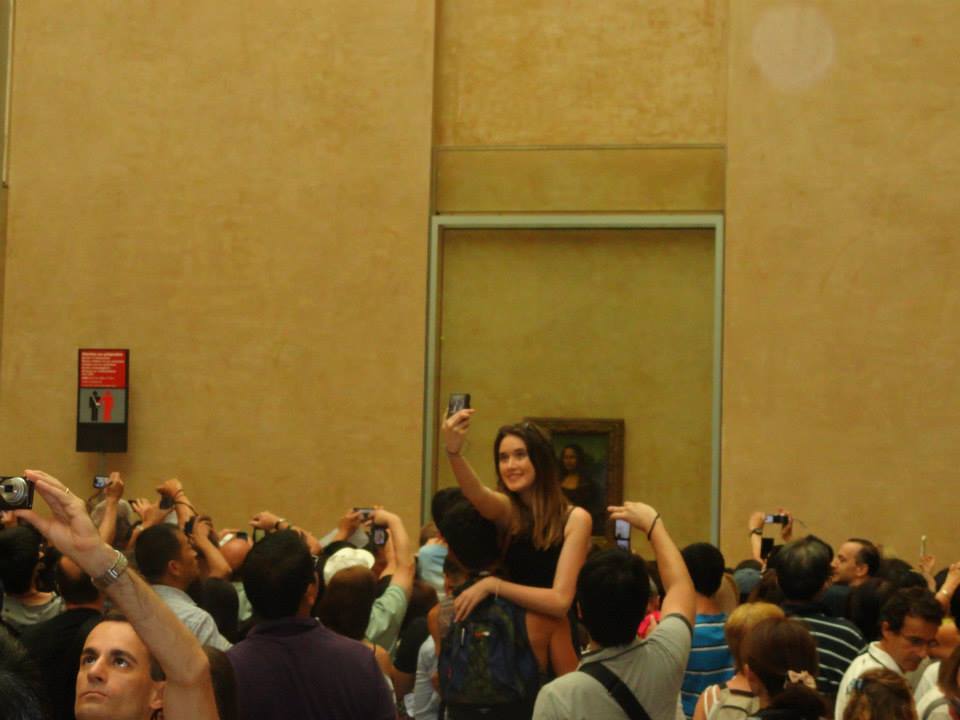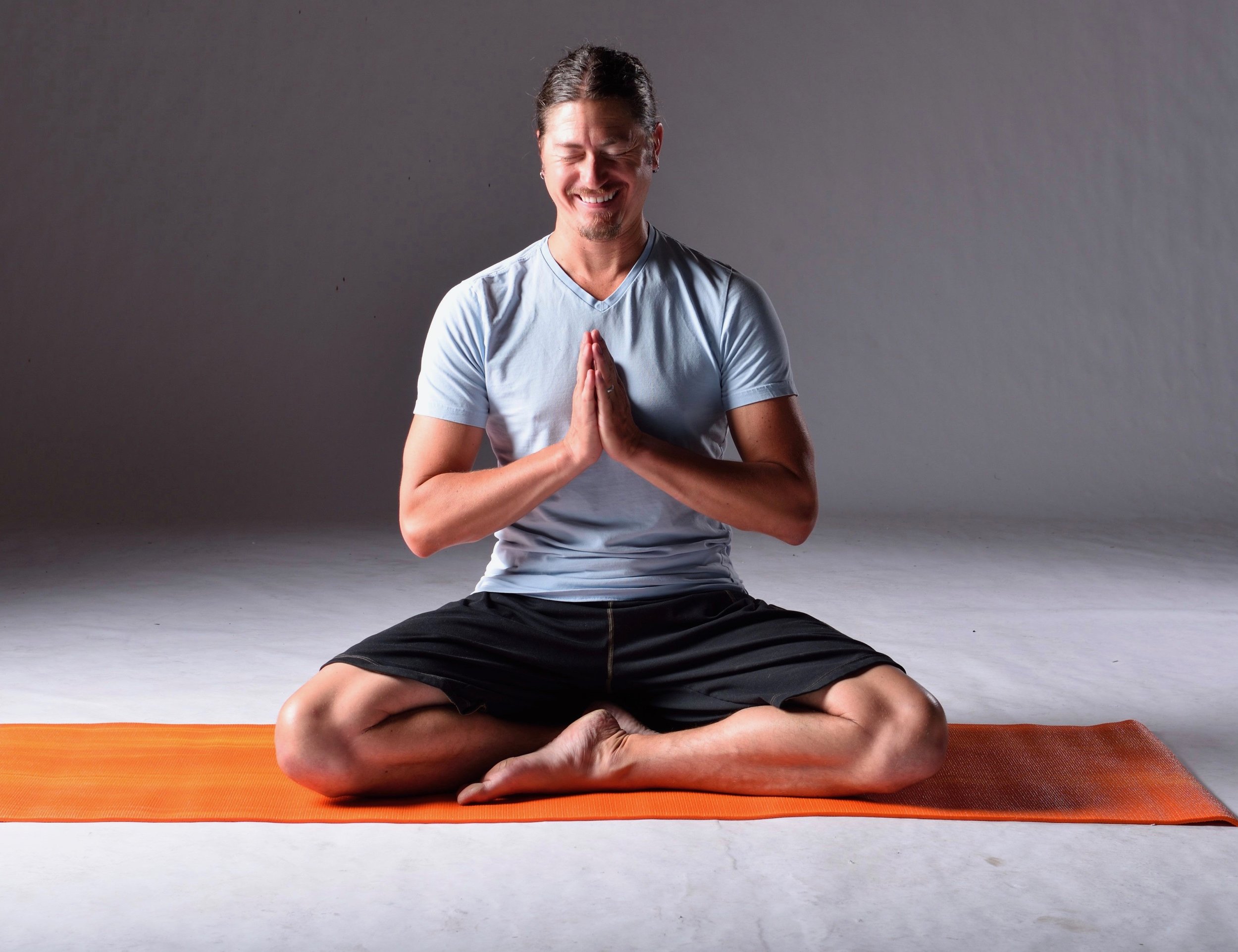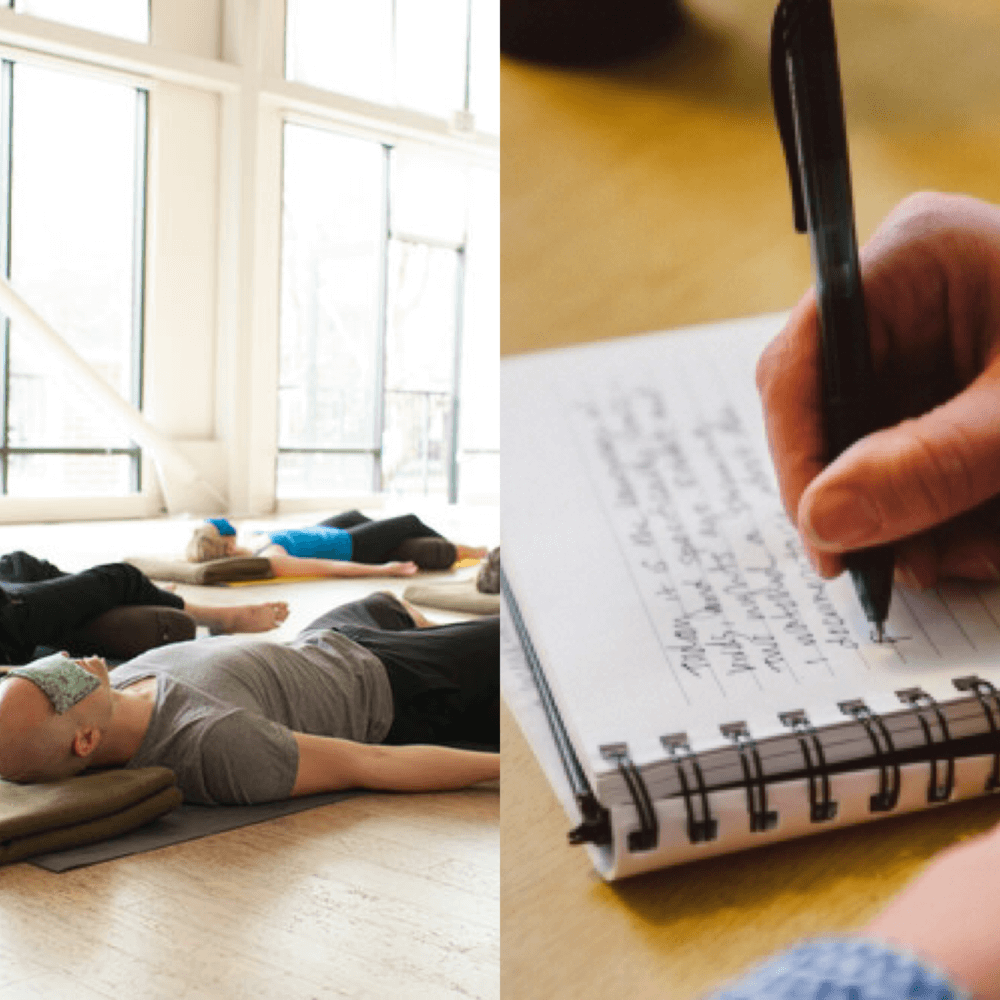Search Other Posts
I’ve been practicing all my life. Since childhood I’ve practiced everything from music to magic, baseball to baking. So when I started practicing yoga and meditation it just felt natural to begin a new practice. One day when I was a kid, I was practicing the saxophone and I realized something essential about the notion of practice: practice is the end, not the means to the end. Sure, I get better at playing the sax by practicing it, but the point is to be playing. Practice is being at the edge, at the frontier of experience. Also, sometime in the last 20 years of practicing and teaching yoga, it dawned on me that there’s never a yoga performance, no yoga recital. It’s always only a practice.
Today I want to talk about the practice of living at the frontier. I’d like to invite you to reconsider the purpose of practice. Consider that maybe the goal of any practice isn’t to improve, it’s simply to be present at the frontier. I know, I know, I know, why do we practice if it’s not to grow? The thing is that you do grow when you practice but maybe growth is just the byproduct, not the purpose. Being at the frontier means regularly leaving the comfort of what we know, abandoning what’s automatic and easy, and stepping onto unsure ground to truly learn to know ourselves. Therefore, it’s our life’s practice to simply be at the frontier.
Frontier=Presence=Self-Knowledge
To my mind, the word “frontier” conjures images of gritty people working with the land and wrestling with the unknown as they learn and grow. Our frontier could be our edge in a yoga posture, our edge in our awareness in meditation, or perhaps simply the edge of entering a new stage in life. Being at the frontier isn't always easy but isn’t that the point? While it’s not always easy, it is always real. Our frontier is a place we’ve never been before and being there helps us to truly come alive because it quickens our minds, makes our senses come alive, and forces us into radical presence. There is no coasting or autopilot at the frontier.
For me, traveling has been a practice of being at the frontier. More than geographical frontiers, traveling regularly takes me to cultural, philosophical, and humanitarian frontiers I would have never known had I lived out my days in Smalltown, Utah where I was born. But more important than learning about another place, traveling always involves a healthy dose of getting knowing myself—there’s usually a steep learning curve to making your way somewhere else, one that unavoidably makes you look inside. More than learning about someone else, traveling puts you at the rugged frontier of knowing whoever the hell YOU are, a frontier that is invariably west of wild.
While our goal in practice may not necessarily be to grow, it happens regardless and you can’t grow without challenges. I once heard someone say, “If you ever find yourself coasting in life it probably means you’re going downhill.” In yoga philosophy, this heat necessary for growth is called Tapas and is the driver toward self-knowledge. Experiencing Tapas, being a little on edge or confronted with challenges, is an essential part of our awakening because in a very real way it wakes us up from the anesthesia of easy, and puts us into a place of fierce presence, and presence is the secret that whispers to us our true, universal identity. Presence teaches you who you are.
Flowing At Your Edge
Sometimes breaking out of the stupor of easy to be present means doing something big, something drastic. I can tell you from experience that nothing wakes you up like a psychedelic trip with a shaman in the jungle or jogging around the conservative state capital wearing nothing but your best set of briefs, running shoes, and your hands-free device. But a regular practice of being at your frontier doesn’t mean regularly stepping to the edge of stupidity. For example, it’s hard to be present to the full grandeur of the Grand Canyon when your toes are dangling over its edge. Instead, you’ll grow far more from your every-day practice if you allow it to be a comfortable step away from both boredom and your absolute edge.
Steven Kotler is a NYT Bestselling author who studies and writes about how uber-performers thrive at their edge by achieving a state of flow, an optimal state of consciousness where people can both feel their best and perform their best. One of the ways he’s discovered that people can get into flow is by regularly stepping up to their comfortable edge. Steven Kotler has learned how to write while in a state of flow and through his words how to put his readers into the same state. In December of 2018, right on the frontier of embarking on my journey to live and work in France, I attended Steven Kotler’s Flow for Writers Workshop in San Francisco. For three days, our intimate group of writers holed up in a chic San Francisco loft as Steven revealed to us some of the secrets of good writing where he taught quite succinctly: write from your edge and readers will read from theirs.
And while performance maybe isn’t the point of practice, being at your comfortable edge is the secret sauce to great performance. Whether it’s writing or rock climbing, being at your edge and in flow stimulates your brain into a deeper awareness that illuminates the microscopic but essential details that would otherwise fly under the radar. Being at your edge and in flow releases all the feel-good chemicals in your brain. Chemicals that catalyzes your performance around the subject by focusing your mind on its subtleties and nuances, by illuminating long-chain connections to otherwise disparate ideas, and by unlocking your boundless creativity. In yoga class, I encourage my students to negotiate their edge of each pose by finding the version that is just north of comfortable, what I call the “comfortably-intense” version of every pose. Also, I often ask if they could become just 10% more relaxed.Flow simply can’t happen when you’re either bored or panicked to tears.
The Only Way To Get There Is To Be Here
After developing a regular practice of being present at our edge and bravely taking those essential, small steps forward, one day we’ll look back to see that we’ve covered a lot of ground. When you look back, it will feel like you’ve spanned a damn-near impossible distance. But here’s the deal with forward movement, whatever your next horizon—be it it be becoming more flexible, more focused, or more financially sound—the only way to get there is to be here. Be exactly here at the frontier that presents itself to you at this moment. But the thing about here is that it’s always changing. No sooner do you get comfortable with the grass at your feet than do you naturally grow toward your next horizon.
When you take ambition out of the practice, you give yourself the perspective of working with your actual edge rather than the edge you hope to be at one day. It’s being present at your actual frontier that gives you the firm ground to step forward into that next step, and the next, and the next… For example, I can’t learn to play Coltrane until I first experience the frontier of learning to play the sax, how to read music and the rudiments of jazz, etc. It’s not until I’m present at those frontiers that new frontiers will open up until one day I’ll find Coltrane’s masterpiece, Giant Steps, dancing out of the bell of my horn while wondering, “How the hell did I ever do that?”
It’s presence that promotes growth because it’s the only thing that’s real. Sure, find your star that guides you forward in your endeavors but the practice itself keeps you grounded in the frontier of the moment. Isn’t that what life is, being present at our frontier of experience while watching our own inevitable evolution? Growth will naturally happen as you’re present with your frontier and making the essential trek of 1 inch, the spot directly in front of your toes.
Finally, the paradox of the frontier is that you’ve already arrived and arrival means never stopping. We must find home by being comfortable in our discomfort. This home is our birthright and the eternal and joyful journey toward our highest self. We have arrived the moment we put ourselves at the frontier and open our vision to simply witness ourselves grow.
Conclusion
Several years ago, I experienced a great revelation about the importance of regularly visiting my frontier through practice. I was leading myself through a Yoga Nidra practice and wanted to hear the wisdom of my own heart to hear whatever it might tell me. I visualized the wisest person I could think of in order to tap into my own inner wisdom. A vision of my favorite prof from college popped into my mind with stark clarity. All my senses were popping: I was sitting in his office and could smell the oiled wood of his desk, see it’s tight-knit, tawny grain, and could hear the buzz of the lights and the squeak of his chair as he leaned back, pondering at the ceiling. There was a moment of generous silence between us as he stroked his beard. Then he looked at me out the corner of his eye. And with a sly, paternal, and loving air said something I’ll never forget. He said, “Whatever you believe in . . . practice it every day.” This event never happened except for in my mind but the truth of it became more real that if it actually had. This was my wise inner-self reminding me to always be at my frontier through practice.
If you’re interested, click here to listen to that same Yoga Nidra practice where I lead you hear the wise person inside of you.
I invite you to consider reevaluating your relationship to practice from being something you do in order to improve to something you do in order to regularly be at your frontier. I invite you to forget about the ambition of practice and simply be present at that frontier and watch how growth naturally happens. And I invite you celebrate the many frontiers you find yourself at in this moment of your life.
Whatever you practice, do it regularly. I hope to practice with you soon
PS
I used to drive around town with a sticker on the back of my truck that read 1,” a nod to a poem that speaks to the greatest frontier I ever hope to arrive at.
“A Spiritual Journey” by Wendell Berry
And the world cannot be discovered by a journey of miles,
no matter how long,
but only by a spiritual journey,
a journey of one inch,
very arduous and humbling and joyful,
by which we arrive at the ground at our feet,
and learn to be at home.
